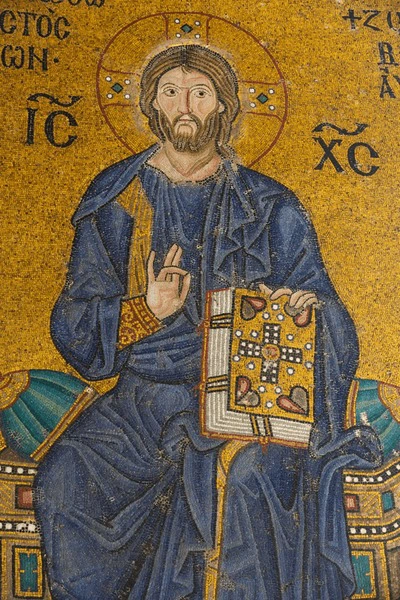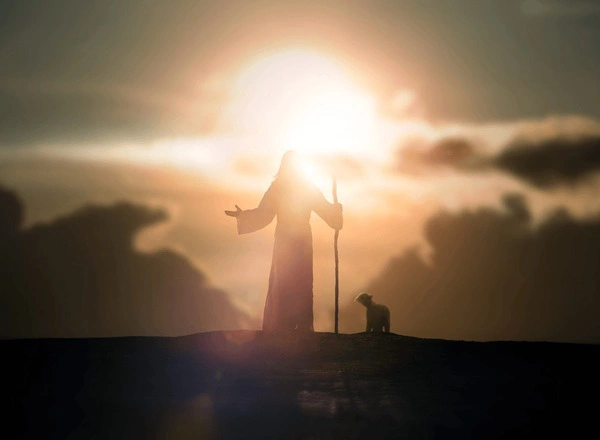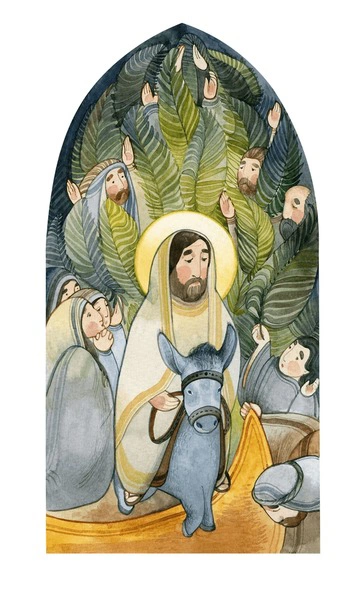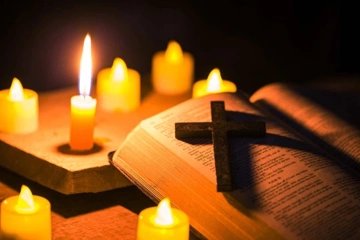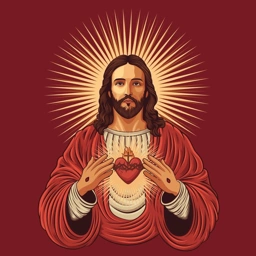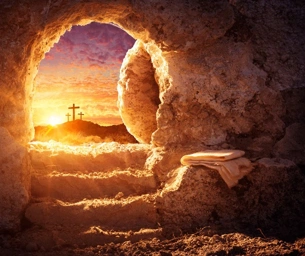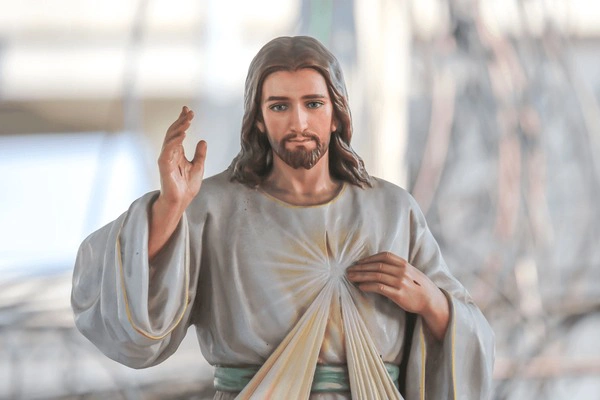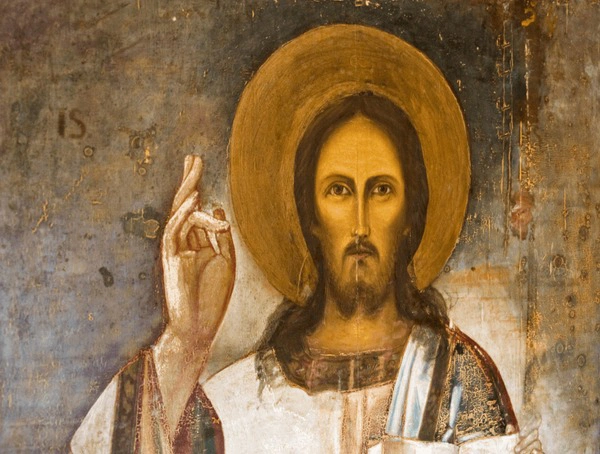
Herod's Quest for the Messiah: Insights from Matthew 2:4
In Matthew Chapter 2:Verse 4, King Herod's consultation with chief priests and scribes highlights the ancient practice of seeking spiritual guidance. This narrative explores Herod's strategic inquiry about the Messiah's birthplace, emphasizing the roles of religious authorities in interpreting prophecy. Reflecting on this story encourages modern readers to seek wisdom from knowledgeable sources.
David Walker
26/11/2024 - 8 months ago

Herod's Inquiry
In ancient times, people often sought guidance from religious leaders when faced with significant decisions or mysteries. This practice is well-illustrated in Matthew Chapter 2:Verse 4, where King Herod is described as gathering the chief priests and scribes of the people to inquire about the birthplace of the Messiah. Herod, known for his political cunning, recognized the importance of prophecy in guiding the people and sought to understand its implications for his rule.
Herod's inquiry was not just a casual question; it was a strategic move. By consulting the chief priests and scribes, he was tapping into the collective wisdom and understanding of the Jewish religious tradition. These leaders were well-versed in the scriptures and prophecies concerning the Messiah, and Herod needed their insights to address the concerns stirred by the arrival of the Magi from the East.
The Magi had come to Jerusalem seeking the newborn King of the Jews, a title that directly threatened Herod's position. This prompted Herod to act swiftly and discretely, as any hint of a new king could incite unrest. By gathering the religious authorities, Herod aimed to pinpoint the Messiah's birthplace to eliminate any potential rivals to his throne.
Role of the Chief Priests and Scribes
The chief priests and scribes held significant positions within Jewish society during Herod's time. They were not only religious leaders but also custodians of tradition and law. As experts in the scriptures, they played a crucial role in interpreting prophecies and guiding the people in spiritual and communal matters.
In the context of Matthew Chapter 2:Verse 4, these religious authorities were summoned by Herod to provide clarity on the prophetic writings that spoke of the Messiah's coming. Their knowledge and interpretation were essential to Herod's understanding, as they were considered the most reliable sources for such sacred information.
The scribes, in particular, were adept at transcribing and teaching the Torah, ensuring that the Jewish laws and traditions were preserved and passed down through generations. Their expertise was critical in confirming the prophecy of the Messiah's birth, which was believed to be in Bethlehem, according to the Book of Micah.
Prophetic Significance
The prophecies concerning the Messiah held profound significance for the Jewish people. They were seen as promises of hope and deliverance, foretelling the arrival of a Savior who would restore Israel and bring peace and justice. These prophecies were deeply embedded in Jewish culture and religion, influencing the expectations and aspirations of the people.
Herod's consultation with the chief priests and scribes underscores the weight these prophecies carried, even among those outside the religious community. For Herod, understanding the prophecy was not about spiritual enlightenment but rather a means to safeguard his throne against potential threats.
Despite Herod's ulterior motives, the inquiry highlights the enduring power of prophecy and its ability to shape the actions and decisions of leaders. The search for the Messiah's birthplace reflects a broader theme of seeking divine guidance and understanding the unfolding of God's plan in history.
Modern Reflections
Today, the story of Herod's inquiry serves as a reminder of the importance of seeking wisdom and understanding from knowledgeable sources. Just as Herod turned to the chief priests and scribes, individuals today can benefit from consulting spiritual leaders and scholars when navigating life's challenges and uncertainties.
In a world filled with information and differing perspectives, turning to trusted sources can provide clarity and direction. The story encourages a thoughtful approach to faith and decision-making, emphasizing the value of well-grounded knowledge and discernment.
Ultimately, the account in Matthew Chapter 2:Verse 4 invites believers to reflect on their own pursuit of truth and understanding. It challenges individuals to consider how they seek guidance and to recognize the timeless relevance of turning to spiritual wisdom in their journey of faith.


